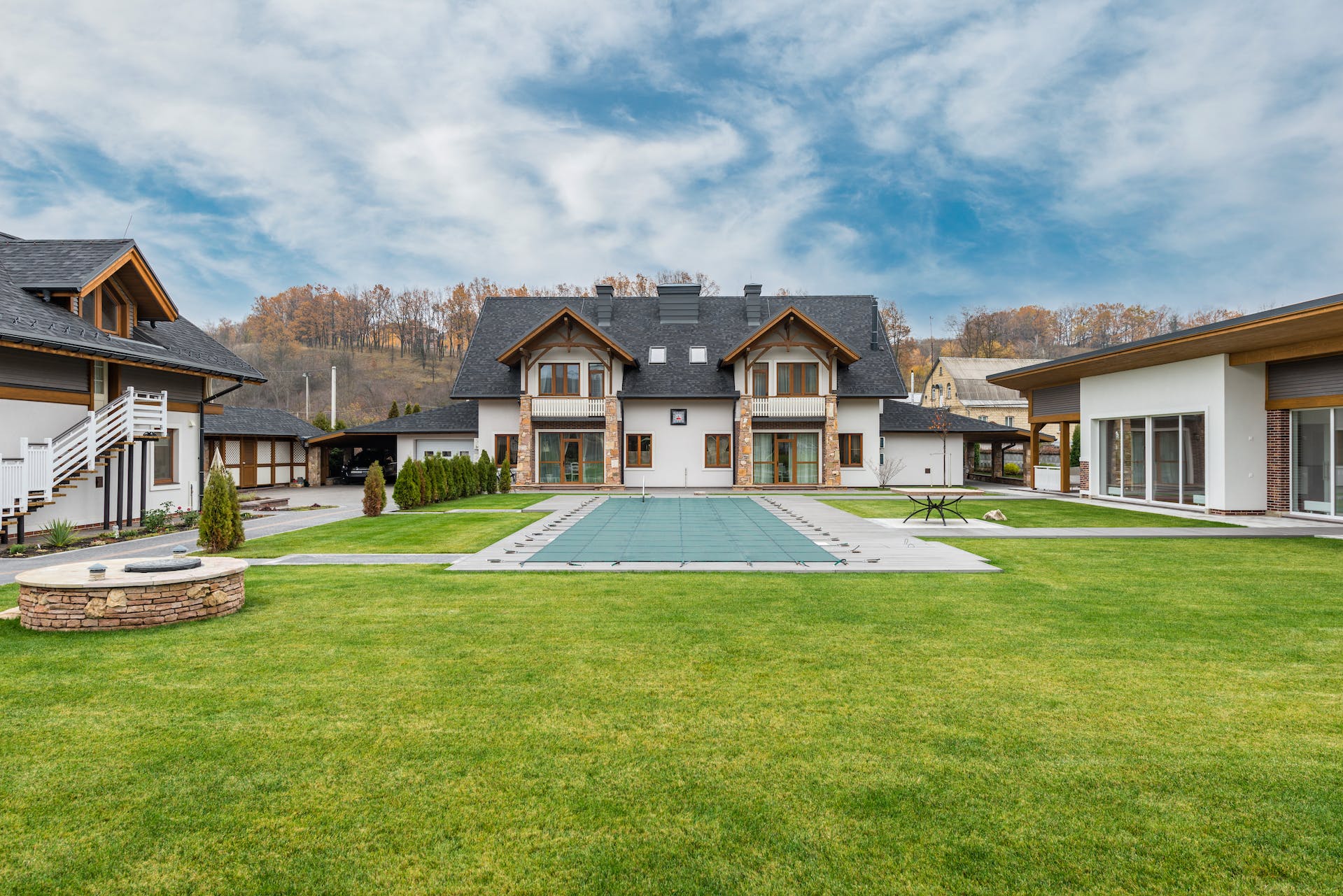
Flat Roofing System: What Are The Advantages?
The roofing system that is chosen during building construction or renovation has a significant impact on the structure’s overall sustainability, usefulness, and design. Pitch roofs have been the standard for many years, but flat roofing systems have become quite popular recently because of their special benefits and adaptability.
Flat roofs provide benefits even if they’re not the most attractive choice. Making the best choice for your building requires understanding the benefits and drawbacks of several factors, including the cost of flat roof repair, the kind of roofing material needed, the possibility of ponding water, and roof leaks.
Modern construction projects have found that the flat roofing system is a cost-effective and practical option for both residential and commercial buildings. Now let’s explore the many benefits that flat roofing systems provide:
It Is Very Cost Effective
It greatly reduces the cost of installing, maintaining, and caring for a flat roof. Because there is less danger when building a flat roof, labour costs are lower. Flat roof installation is simpler and faster.
Over the roof’s life, damage and repair expenses decrease. installing solar panels, which reduce energy consumption, and satellites, which provide quicker and less expensive gutter cleaning and maintenance on flat rooftops.
Installing flat roofing systems is often less expensive than those of pitched roofing systems. The installation process is speedier and more economical because of the straightforward design and simpler material accessibility.
Additionally, flat roofs are a good option for projects on a tight budget since they require less specialised equipment during construction, which reduces costs.
You Can Properly Utilize The Spaces
You may designate certain uses for your flat roof. When building owners learn how many other uses there are for the space on their roof, they will be overjoyed.
One of a flat roofing system’s most significant advantages is its ability to optimise space efficiency. Installing solar panels, creating a recreational area, or even launching a rooftop garden are just a few uses for the additional space that flat roofs provide.
Conversely, pitch roofs result in underutilised extra area. Due to this feature, which greatly increases the property’s value, flat roofs make sense as a way to maximise the useable area.
It Is Much Easier To Maintain and Install
When it comes to maintenance and inspection, flat roofs are comparatively simpler than sloping roofs. The level surface facilitates easy access for regular maintenance and inspections, which makes it easier for experts to see and handle any possible problems. The lifespan of the roof may be extended by prompt repairs and routine maintenance, guaranteeing its structural integrity and long-term durability.
In general, flat roofing systems need less time to install. There are fewer tools and materials needed for a simple building. You’ll be happy to know that your everyday activities as a roofing client and company owner won’t be disrupted or momentarily halted for days at a time.
Flat Roofs Are Here To Stay For A Long Time
Flat roofing systems have remarkable lifespan and durability when built with premium materials and installed by qualified specialists. When kept up properly, flat roofs are resistant to many types of weather, including severe snowfall and rain, without losing their structural integrity. Flat roofs may last for a long time and reliably protect the structure and its occupants with prompt repairs and routine maintenance.